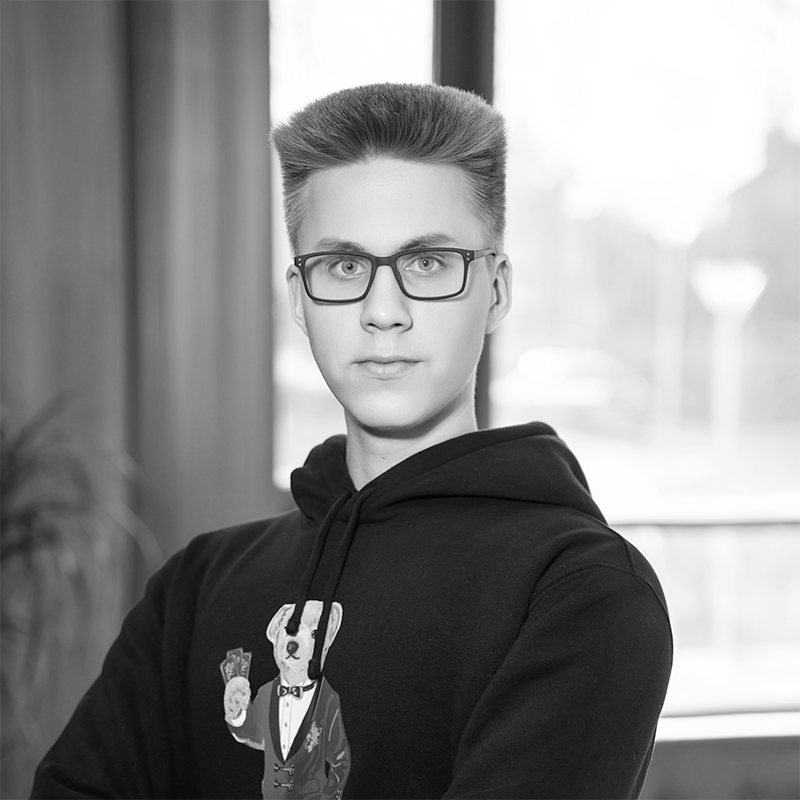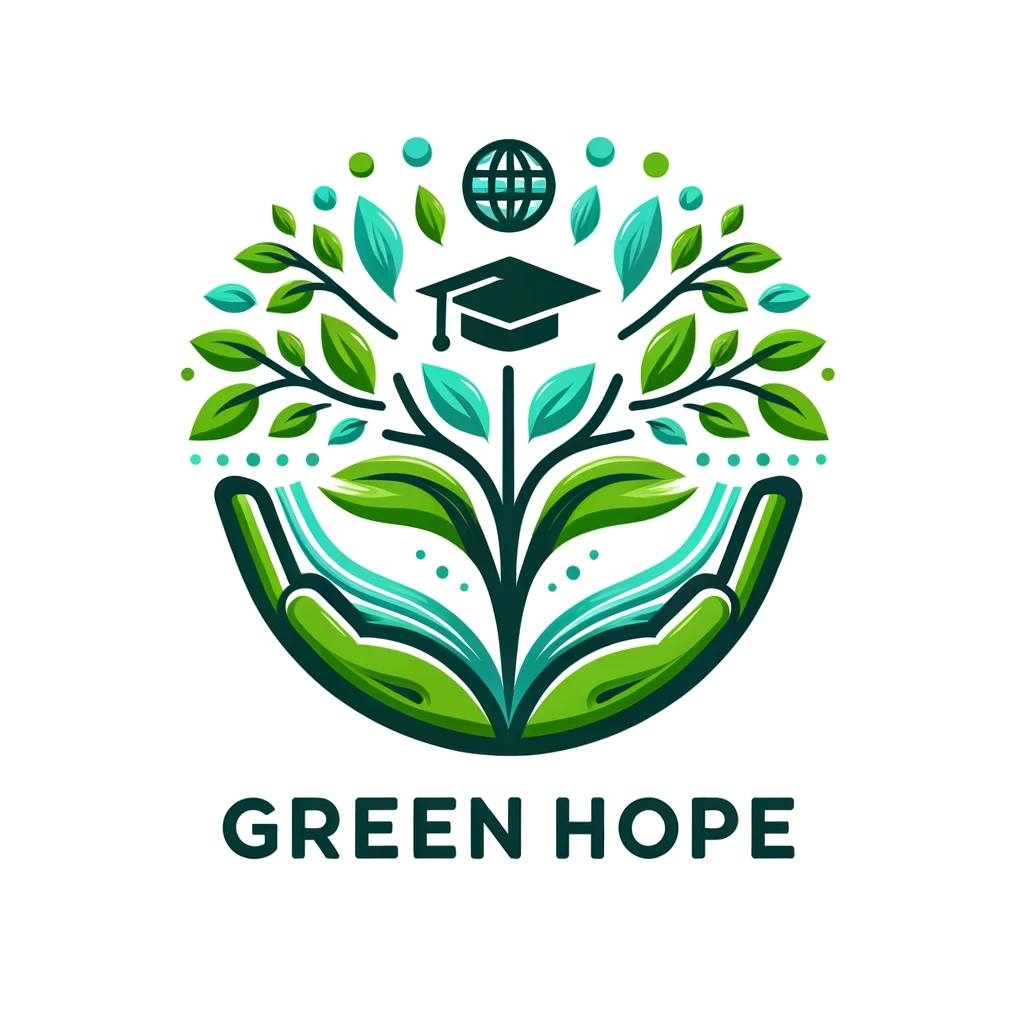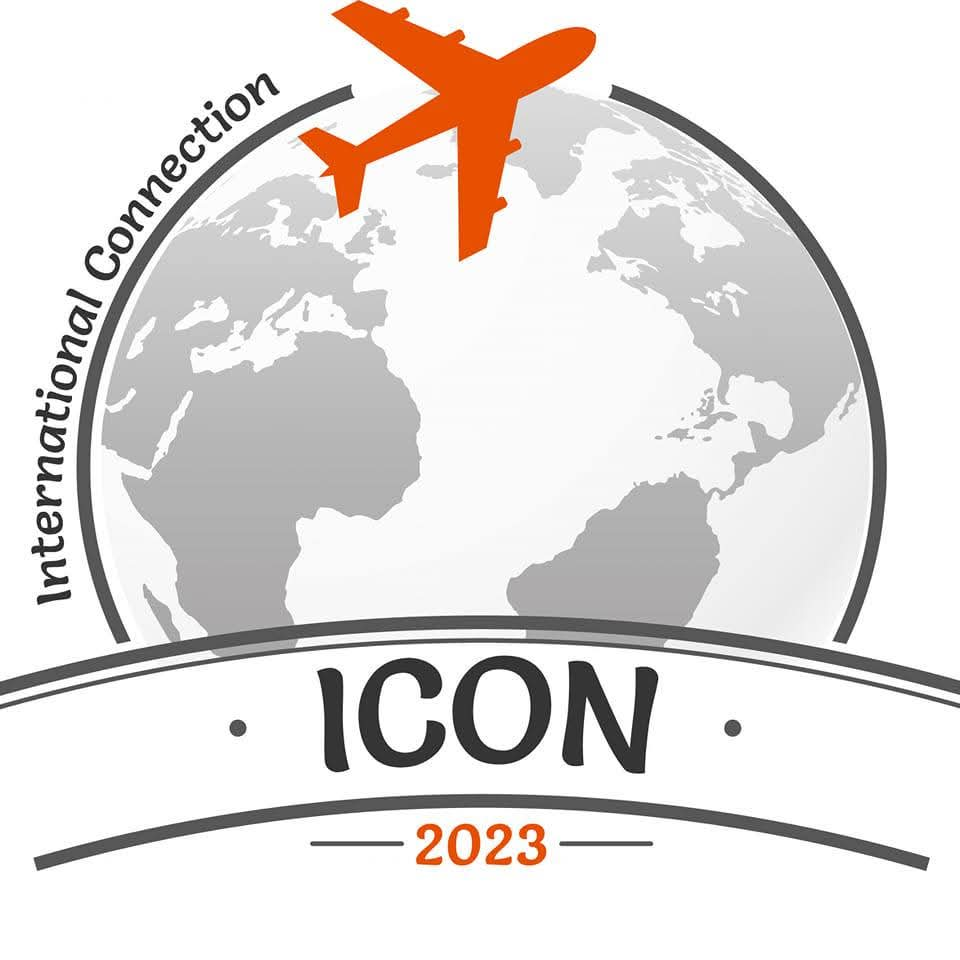
AI Literacy, Ethics & Safeguarding in Youth Work
Erasmus+ Training Course in Berlin, Germany
December 8-15, 2025
During the course, participants harnessed the power of AI to expand access and enhance youth voice through storytelling and co-creation, all while placing inclusion at the forefront. They engaged in practical activities that empowered creative practices, enabling inclusive storytelling and the development of multilingual materials. The Co-Creation Lab fostered ideation for youth campaigns, supported by AI-assisted moderation tools, while the Data for Decisions segment allowed teams to analyze feedback, cluster themes, and visualize insights for program improvement.Teams built mini “AI-assisted inclusion projects” such as multilingual newcomer guides and accessible event kits during the Project Sprint. An inspiring visit to a social-tech hub in Berlin showcased inclusive AI in practice, sparking discussions on sustainability and scalability. By the end of the week, participants had created a resource pack filled with prompt libraries and templates, alongside working prototypes ready for piloting in their organizations.
Facilitators



















